TABLE OF CONTENTS
A good chef’s knife is the backbone of any kitchen. Whether you're a professional chef or a home cook, investing in a high-quality chef’s knife can make food preparation faster, easier, and more enjoyable. However, with so many options available, choosing the right one can feel overwhelming. Before purchasing, it's important to understand key aspects like knife types, materials, handle comfort, maintenance, and reputable brands. This guide will walk you through everything you need to know to make an informed and satisfying purchase.
Understand the Different Types of Chef’s Knives
Not all chef’s knives are created equal. There are several styles, each with its own strengths and use cases. The most common types include:
1. Western-style chef’s knives (often German or French): These are known for their durability and curved blade design, making them ideal for a rocking motion when chopping. The blades are usually thicker and heavier, suitable for cutting through tough ingredients like meat and root vegetables. Popular Western brands include Wüsthof and Zwilling J.A. Henckels.
2. Japanese-style chef’s knives: These include the Gyuto (a Japanese version of the Western chef’s knife) and the Santoku, which features a straighter edge and a more compact design. These knives are lighter and more agile, perfect for slicing and push-cutting techniques. Their thin, sharp blades are favored for precise tasks like slicing fish or finely chopping herbs.
3. Hybrid knives: These combine the characteristics of both Western and Japanese styles, offering versatility and adaptability for modern home cooks who need a knife that can do it all.
4. Santoku knives, in particular, are all-purpose tools with a flatter blade, making them ideal for slicing, dicing, and chopping vegetables or boneless proteins. They’re especially popular among those who prefer a lighter, more controlled cut.
Understanding the strengths and differences of each style helps you choose the right knife for your culinary needs and cutting techniques.
What Are Two Qualities to Look for When Buying a Kitchen Knife?
While many factors can influence your decision, two qualities stand out as absolutely essential:
- Sharpness and Edge Retention
A high-quality chef’s knife should come razor-sharp right out of the box. More importantly, it should stay sharp for an extended period. Edge retention refers to how long a knife can maintain its sharpness during use. A dull knife can crush food instead of slicing cleanly, increasing prep time and posing safety risks. Look for knives that require minimal sharpening and retain a fine edge even after repeated use.
- Balance and Weight
A well-balanced knife feels like an extension of your hand. This balance refers to how weight is distributed between the handle and blade. Good balance enhances control and reduces hand fatigue, making long prep sessions much easier. Some chefs prefer heavier knives for their power, while others opt for lighter knives for better speed and precision. Trying different weights in hand can help you find your personal preference.
Blade Material Matters: Stainless Steel vs. Carbon Steel
What Is the Best Material for a Chef's Knife?
The blade material significantly affects a knife's performance, ease of maintenance, and durability.
1. Stainless Steel: Known for its corrosion resistance and ease of care, stainless steel is an excellent choice for most home kitchens. It’s less likely to rust and requires less maintenance, making it suitable for everyday use. However, some stainless steel knives may need more frequent sharpening.
2. Carbon Steel: Preferred by professional chefs for its sharpness and edge retention, carbon steel offers excellent cutting performance. But it comes with a caveat—it’s more prone to rust and discoloration if not dried properly after washing. These knives need more attention but reward users with incredible precision.
3. High-Carbon Stainless Steel: For home cooks, this material offers the best of both worlds—sharpness, edge retention, and rust resistance. That’s why many modern knives, including those from imarku, are made using this hybrid material.
Choosing the right blade material comes down to your willingness to maintain the knife and the level of performance you need.
What to Look for When Buying a Chef Knife?
There are three factors that you need to consider: knife Handle comfort, grip, and balance. The handle may not seem as critical as the blade, but it plays a key role in safety, comfort, and performance.
Handle Materials:
- Wood: Offers a traditional and warm feel in the hand, but it requires more maintenance to prevent cracking or bacterial buildup.
- Plastic/Polymer: Lightweight, affordable, and often dishwasher-safe. It’s a good choice for those who want low-maintenance options.
- Metal (Stainless Steel): Modern and sleek, but can get slippery when wet unless textured.
- Composite/Resin Handles: Designed for durability, combining the best features of wood and plastic.
Ergonomics and Grip: Choose a handle that fits naturally in your hand and provides a secure, non-slip grip. A comfortable grip reduces the risk of accidents and improves efficiency during long cooking sessions. Textured or contoured handles help maintain control, even when your hands are wet.
Balance: A knife with balanced weight between the handle and blade offers better control and requires less effort during use. This is particularly important for those who cook frequently or in large batches.

Maintenance and Care: What You’re Signing Up For
A chef’s knife is a serious kitchen investment, and like all good tools, it needs proper care:
Cleaning: While imarku knives are dishwasher-safe, we highly recommend hand washing and immediately drying the knife to preserve the blade edge and handle material.
Sharpening: Use a honing rod weekly to keep the edge aligned, and consider sharpening the knife using a whetstone or professional service every few months depending on use.
Storage: Avoid tossing the knife in a drawer where it can get damaged or cause injuries. Use a knife block, magnetic strip, or blade guard to keep it safe and sharp.
With just a little attention, your knife can last for years—if not decades—while continuing to perform like new.
What Is the Best Kitchen Knife Brand?
With so many knife brands on the market, how do you choose the right one? The best brand for you depends on your budget, cooking style, and aesthetic preferences. Here are some top-rated options:
Wüsthof (Germany): Known for its weighty, durable design and rock-solid construction—great for chefs who prefer the rocking chop technique.
Zwilling J.A. Henckels (Germany): Offers sleek, polished knives with a great balance of durability and performance.
Shun (Japan): Lightweight and extremely sharp, these knives are ideal for clean slicing and quick chopping.
Victorinox (Switzerland): Affordable, dependable, and a favorite among beginner cooks and culinary students.
imarku (Japan-inspired design): Imarku combines precision, aesthetics, and affordability. With razor-sharp blades, ergonomic handles, and beautiful gift-worthy packaging, imarku knives are an excellent choice for both new and experienced cooks. Shop 8-inch Stainless Steel Chef Knife from Imarku for $10 off code inside!
Whether you're looking for a professional-grade tool or a stylish, high-performing kitchen knife for everyday use, imarku offers options tailored to your needs.
A chef’s knife is more than just a kitchen tool—it’s your daily cooking companion. Choosing the right one can transform your cooking experience, improve efficiency, and even make food prep fun. By understanding different types of knives, essential qualities, blade materials, handle ergonomics, and maintenance tips, you'll be able to choose a knife that truly suits your style.
Explore Imarku's professional knife today and discover the best deals and coupons here at https://www.barakatalan.com/ . Elevate your everyday cooking now!
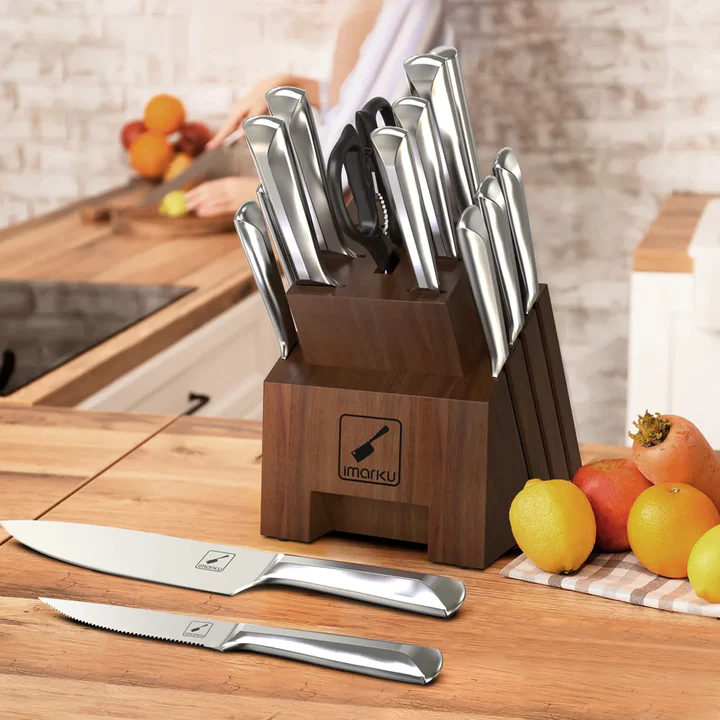
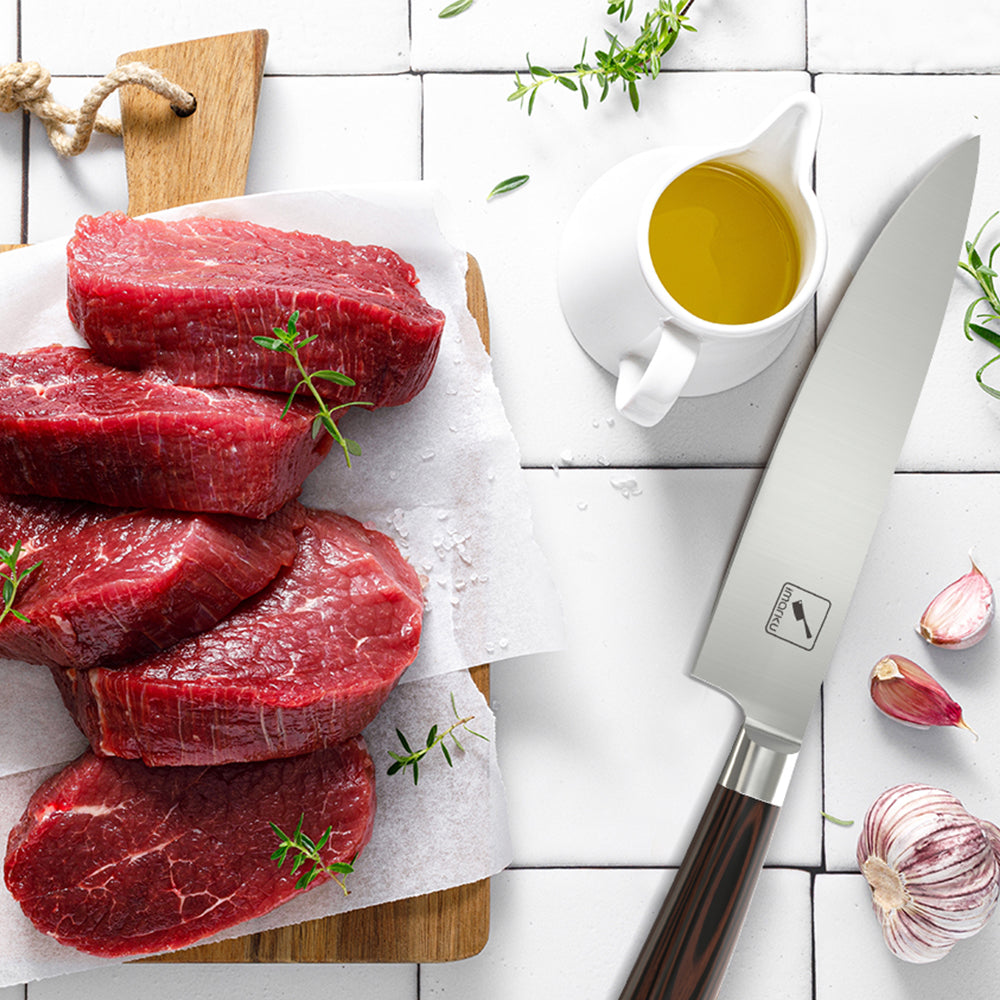






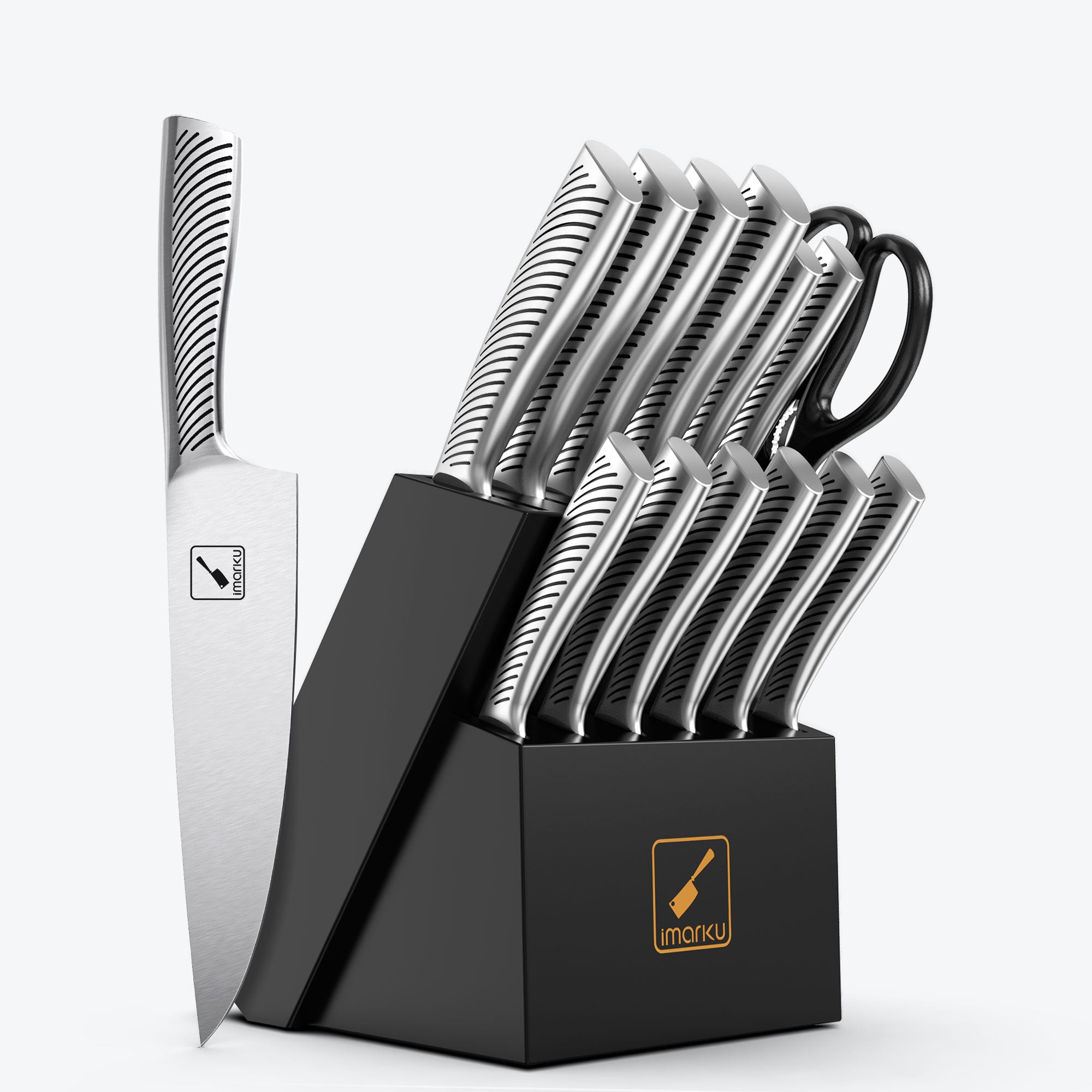
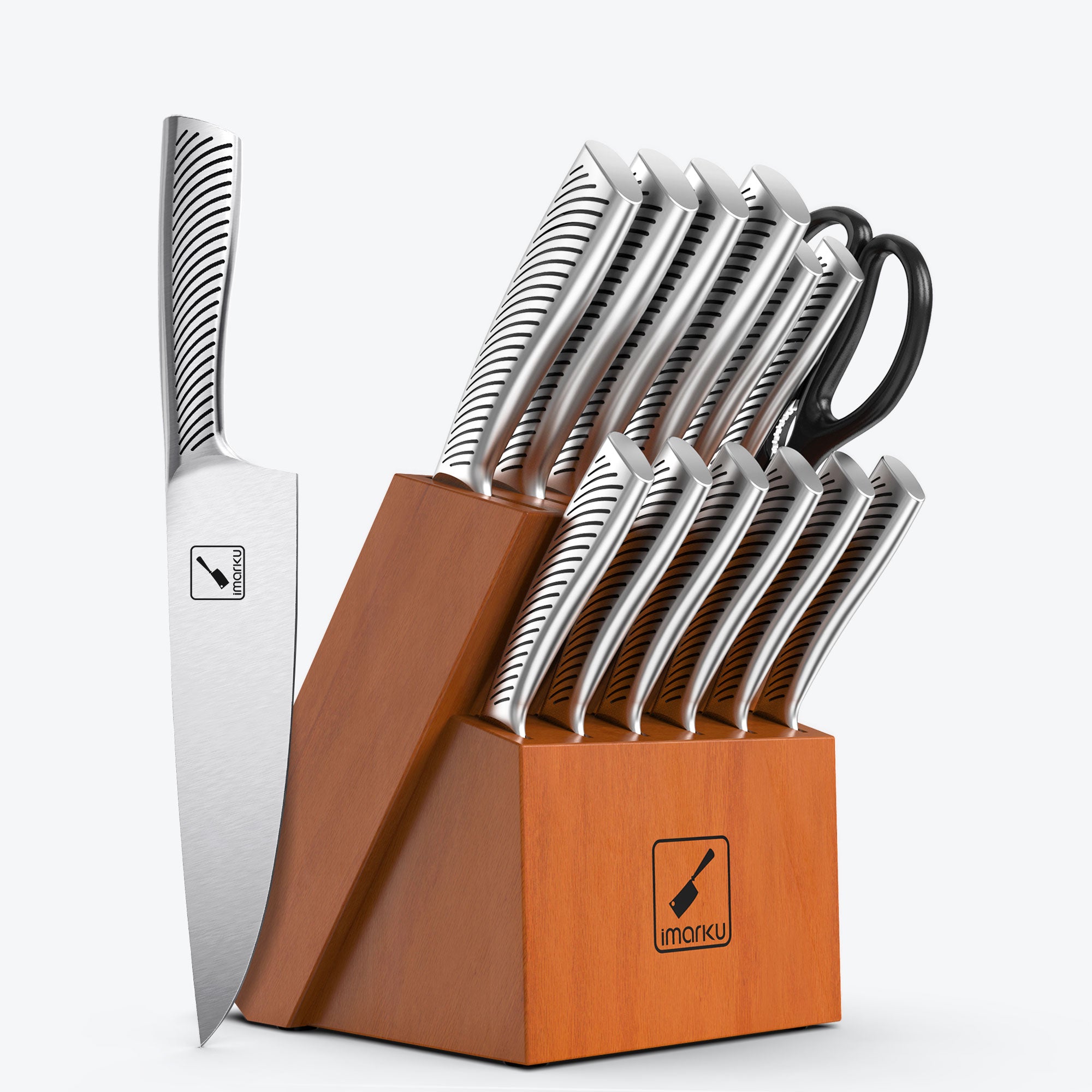
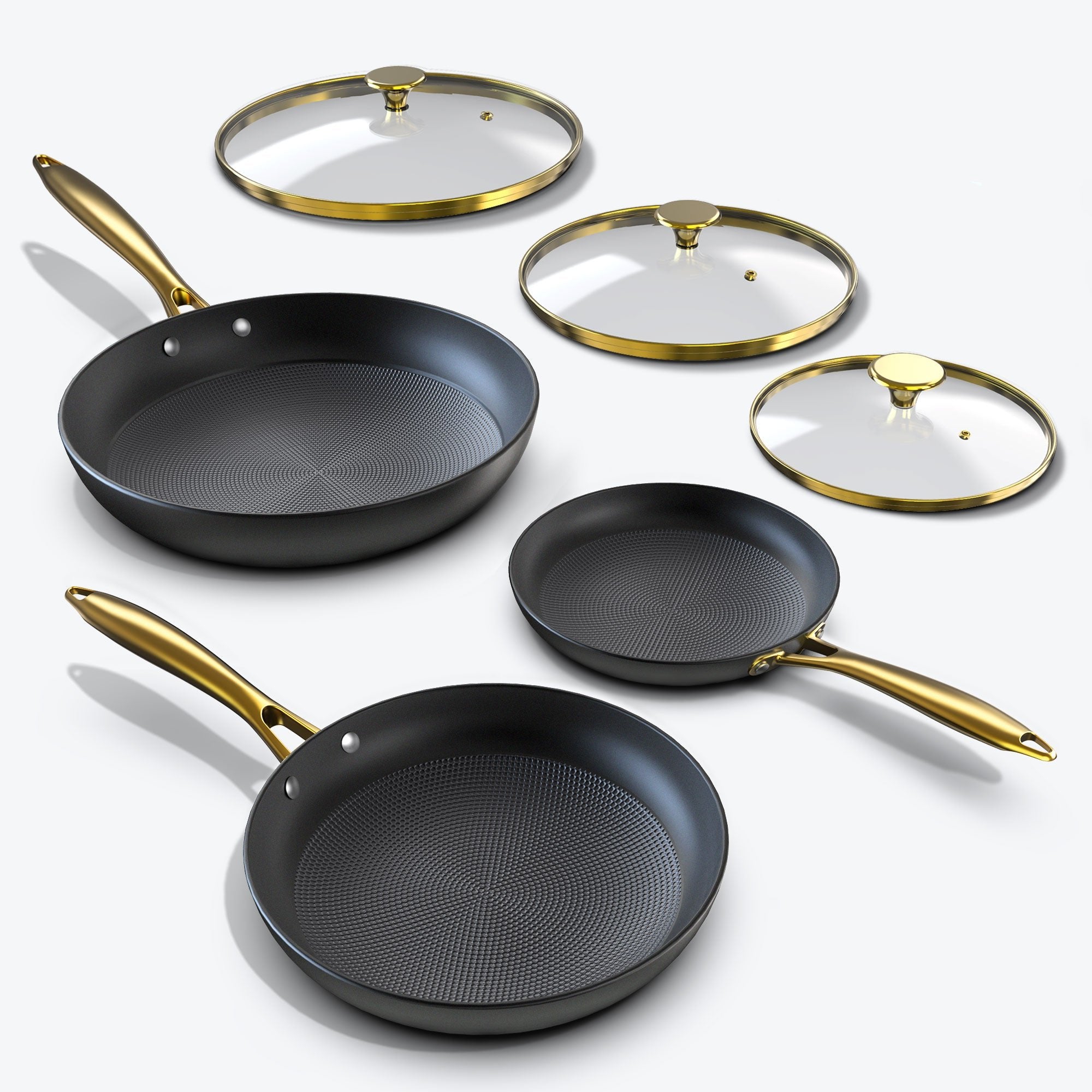
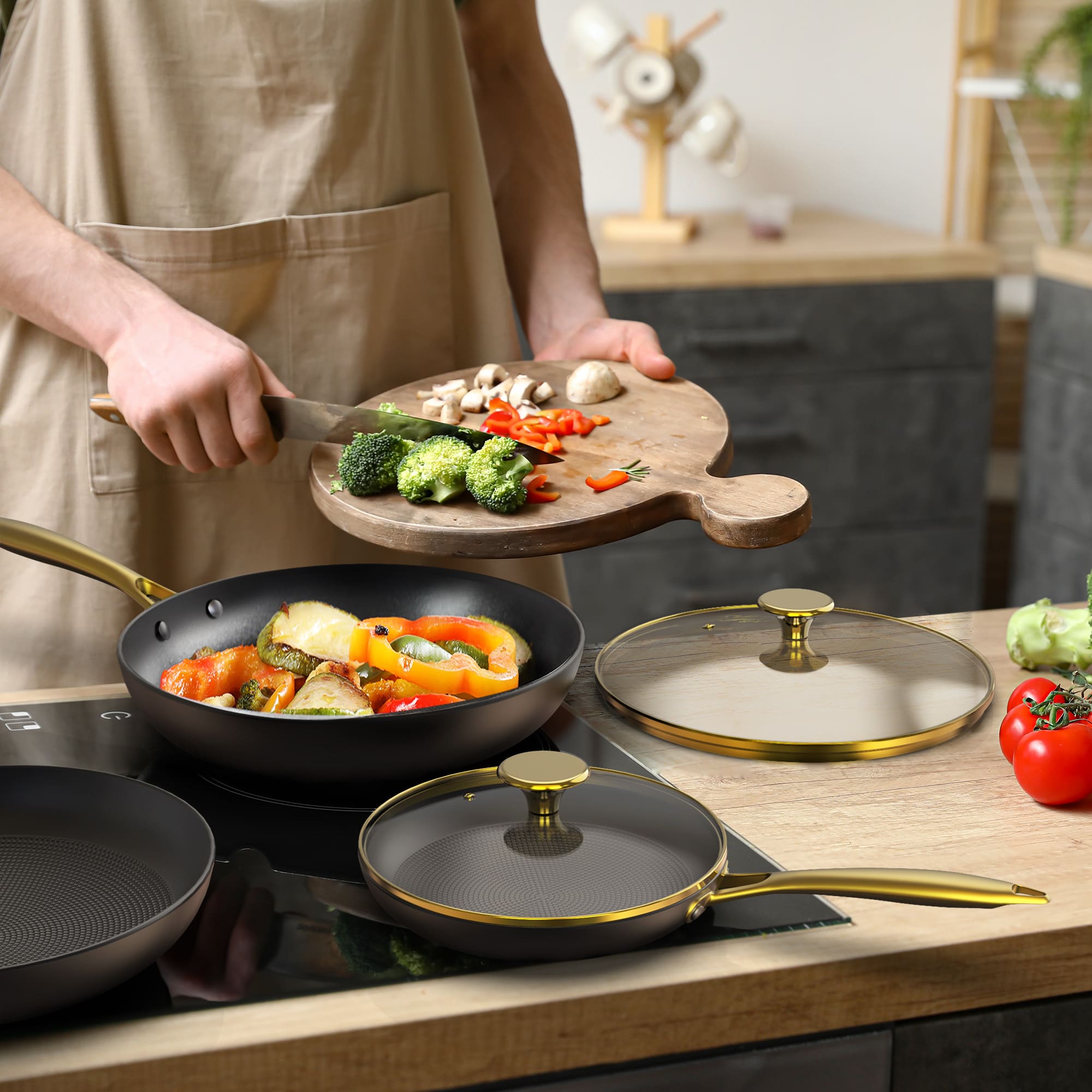
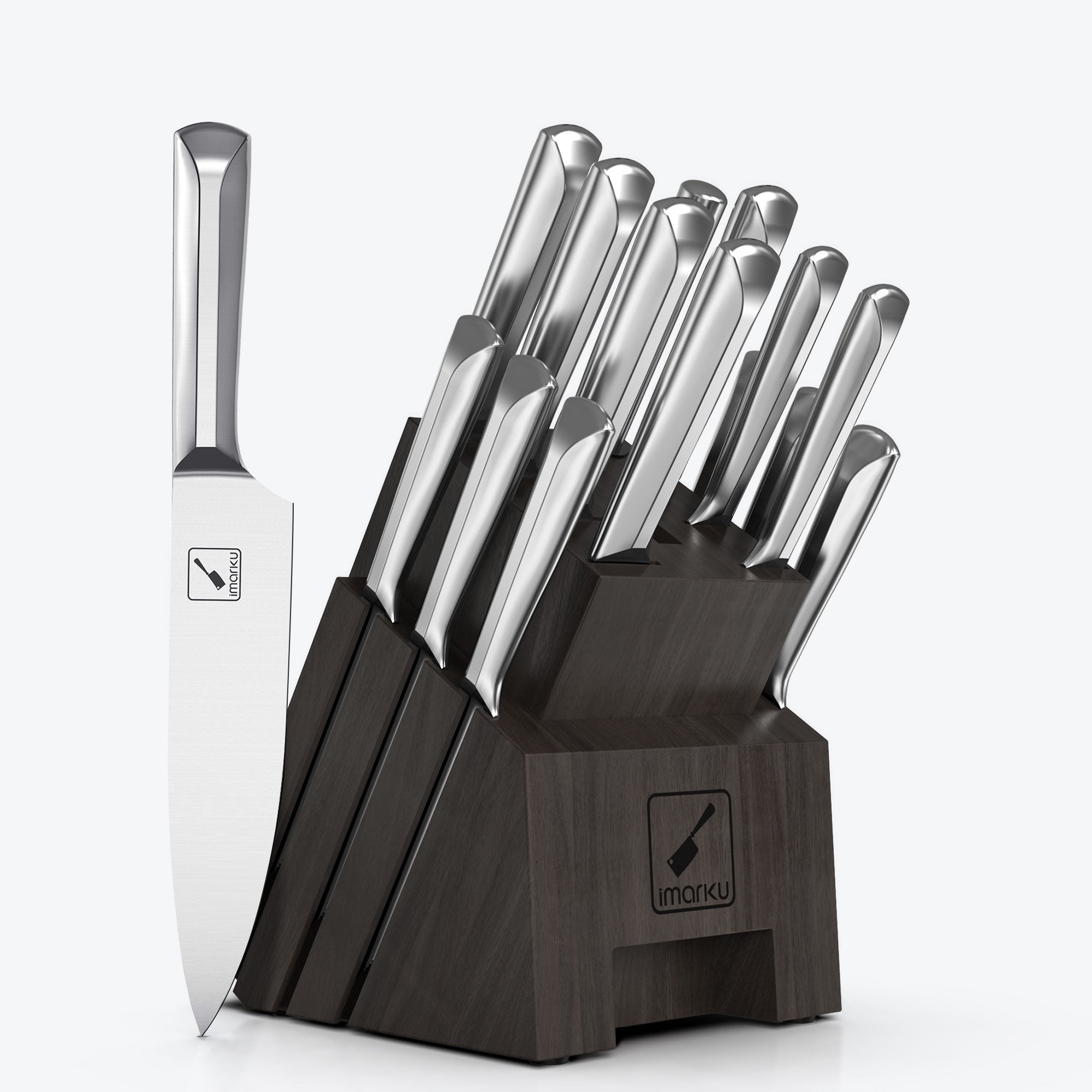
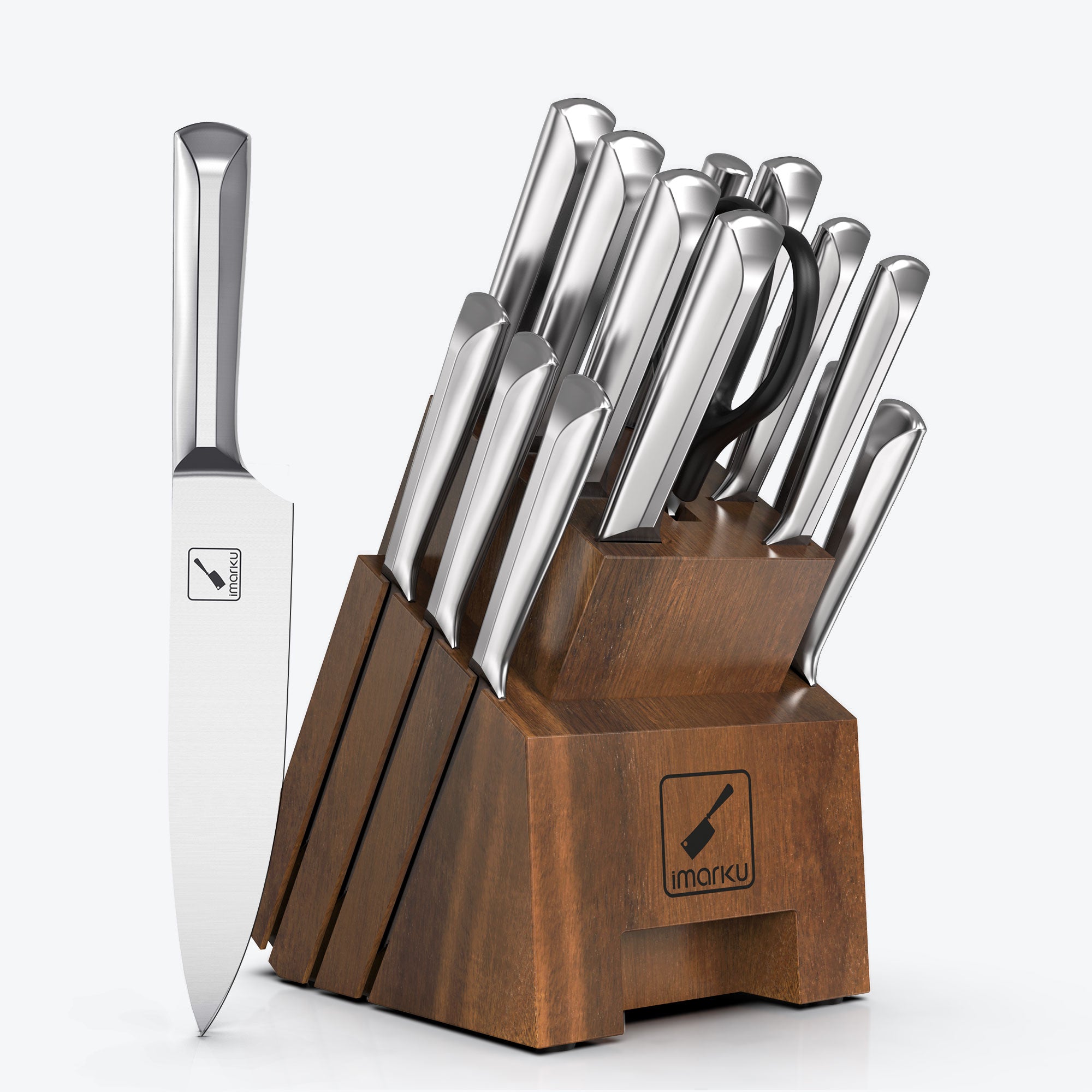
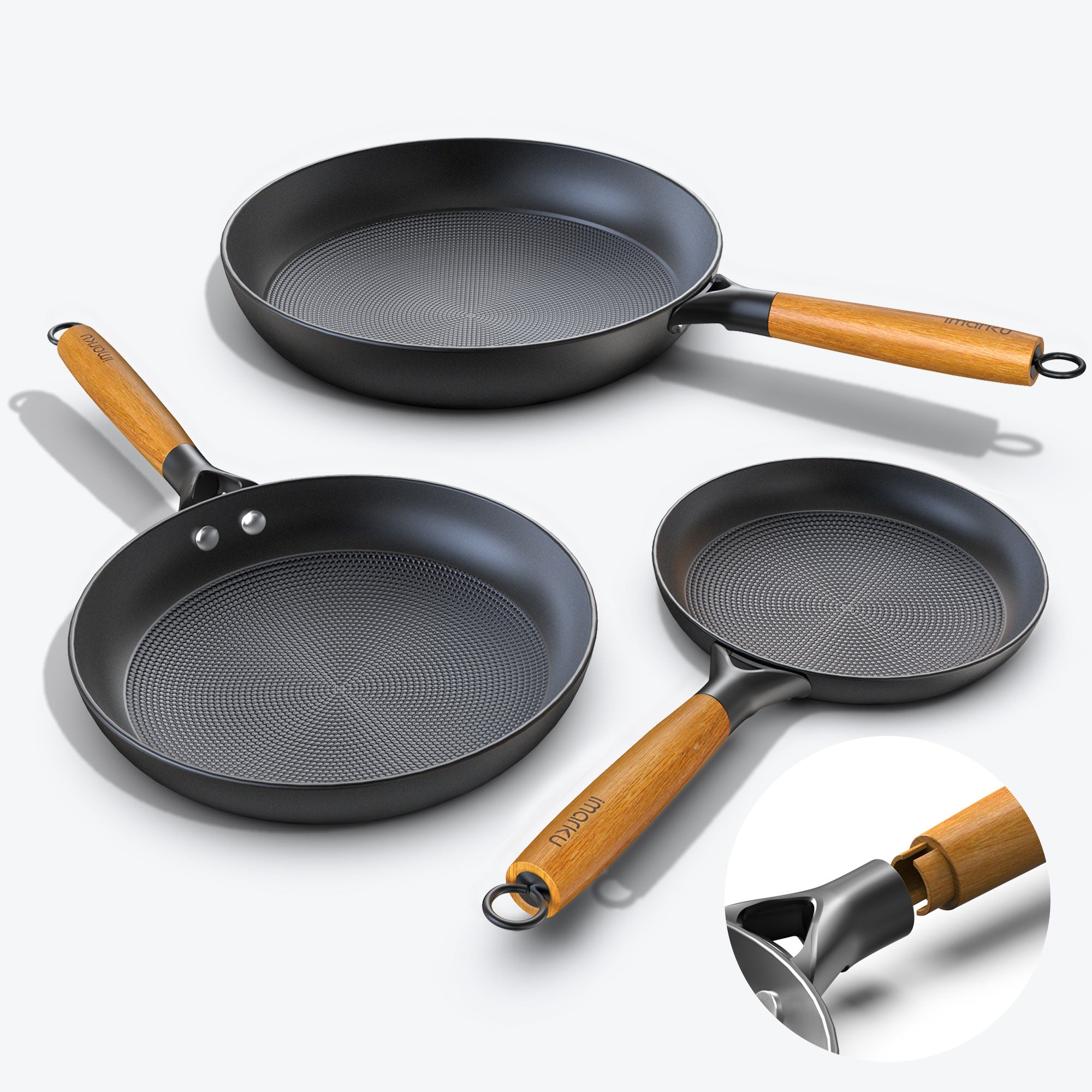
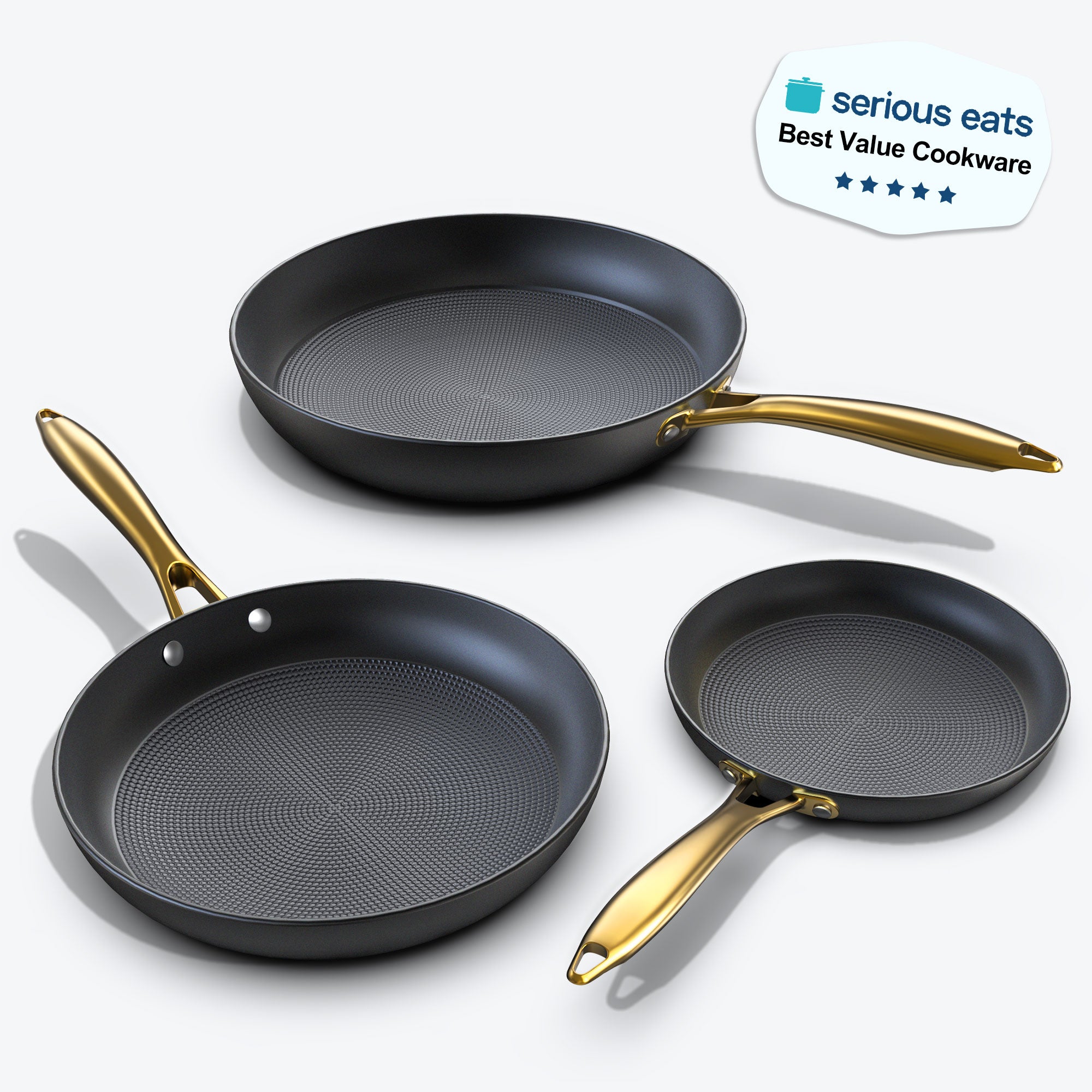
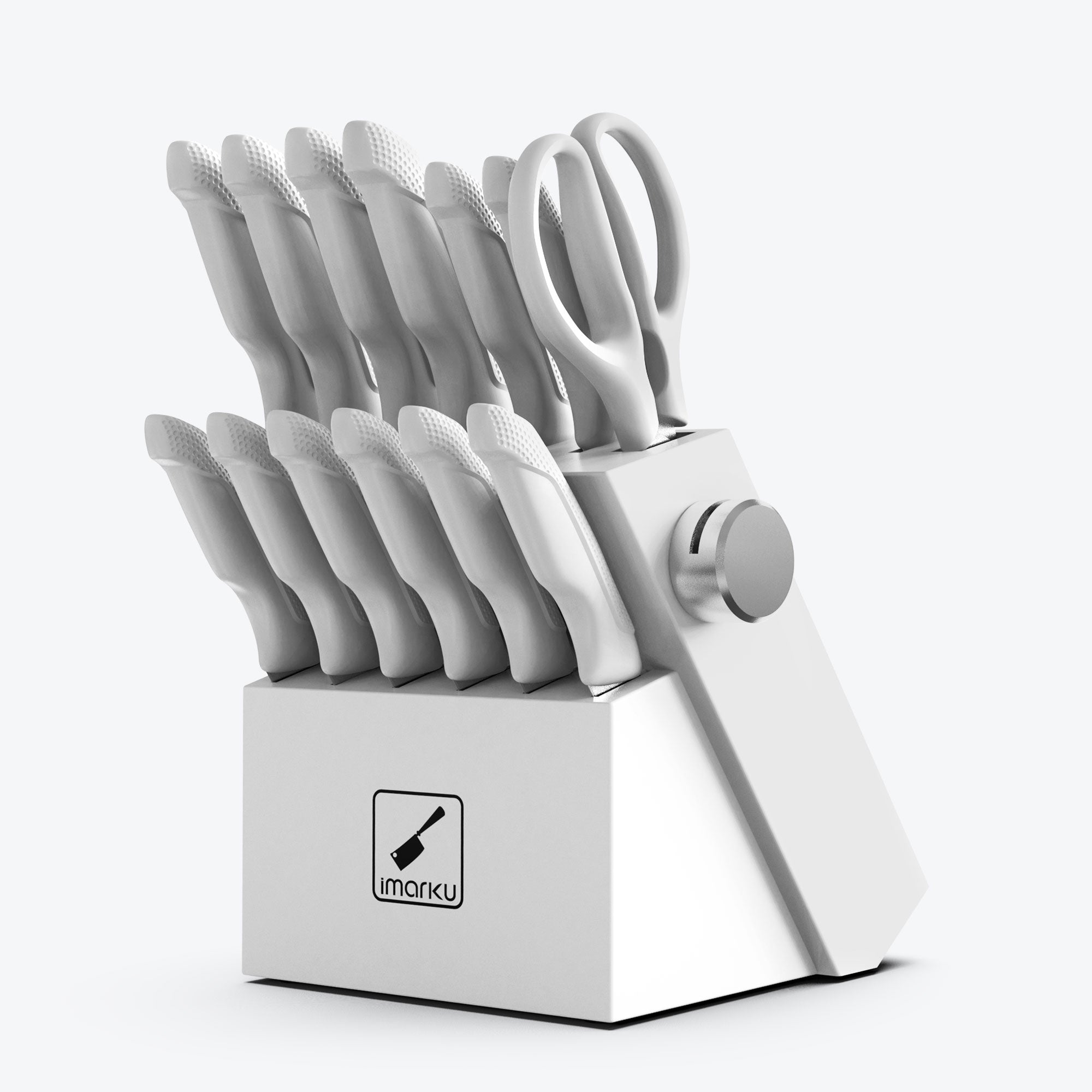
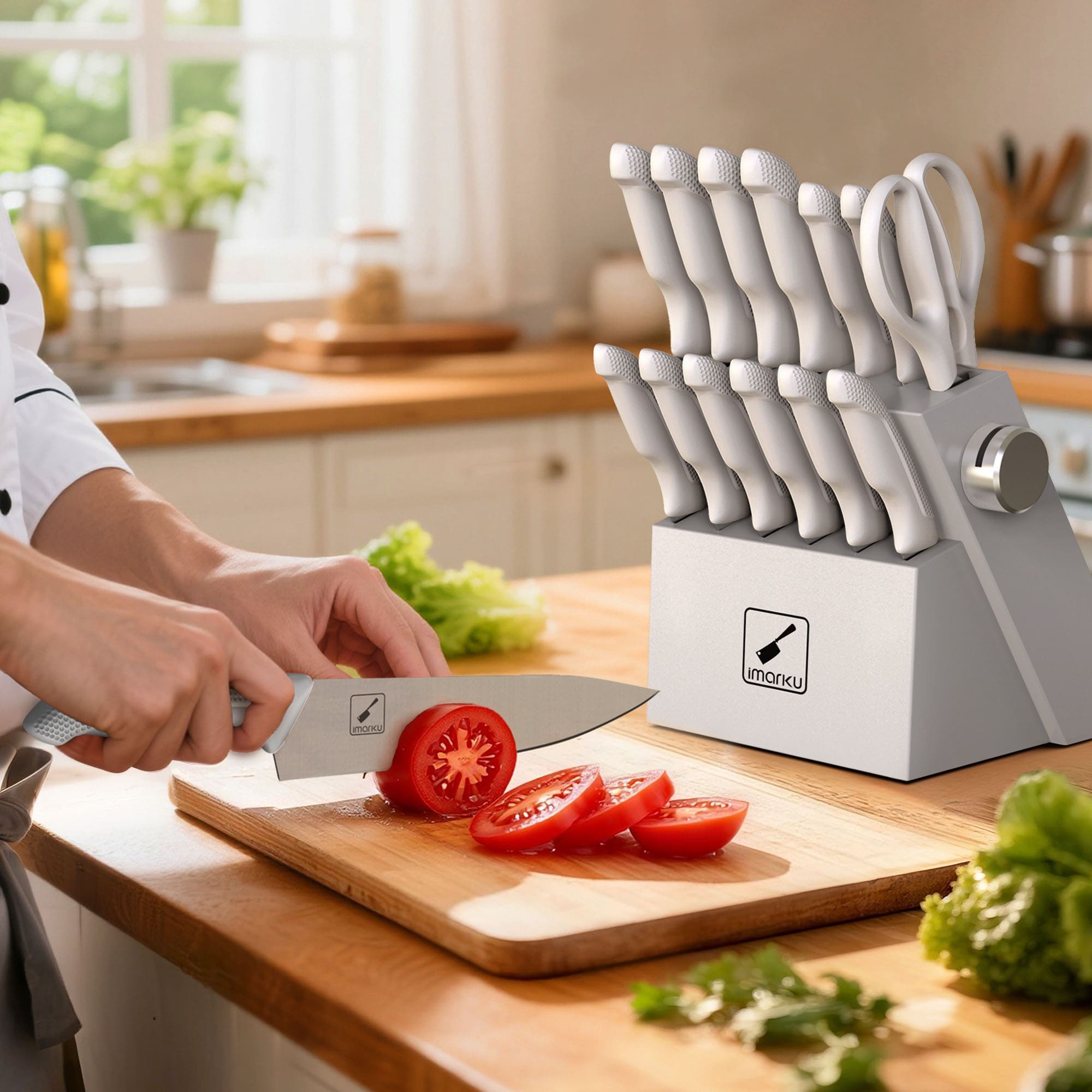
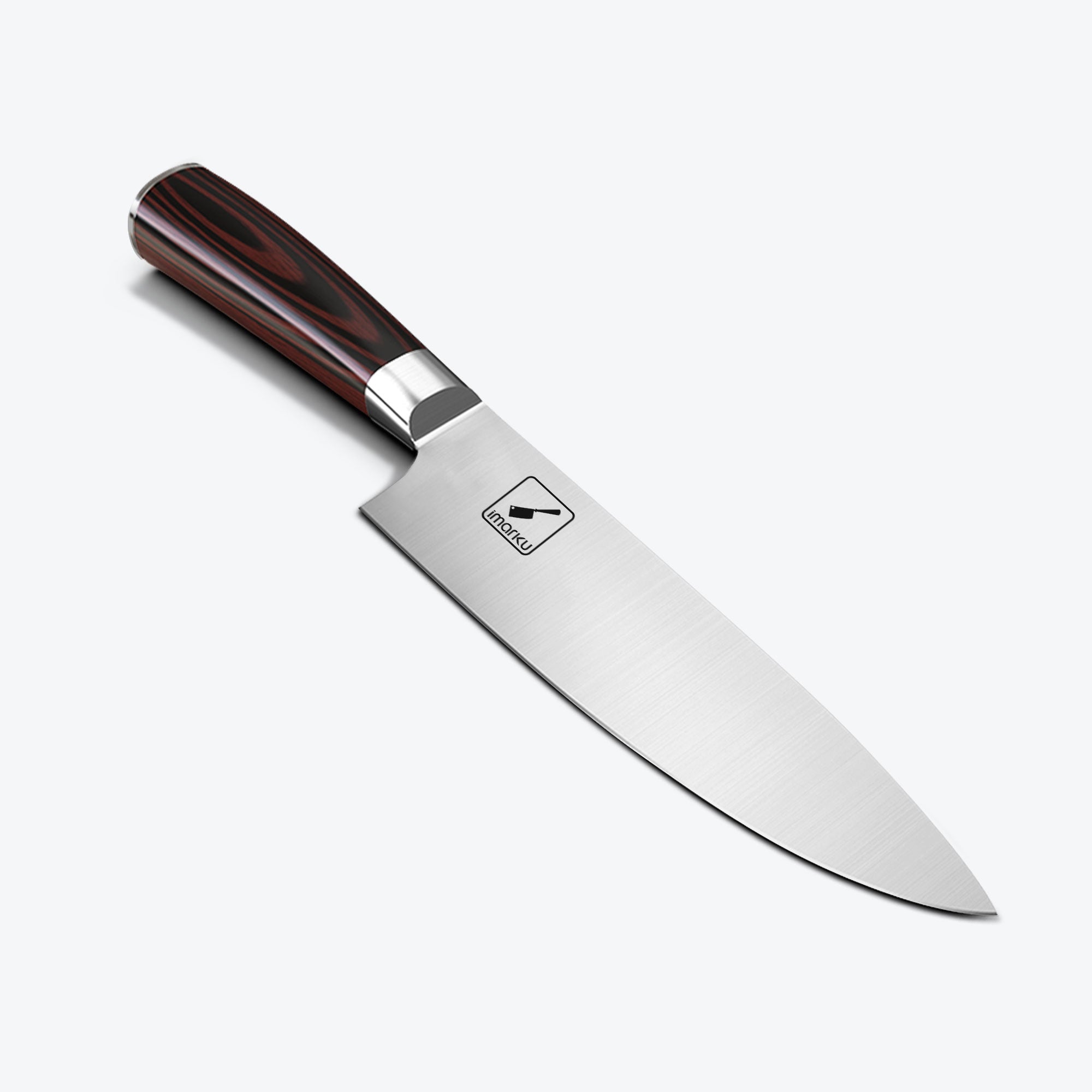
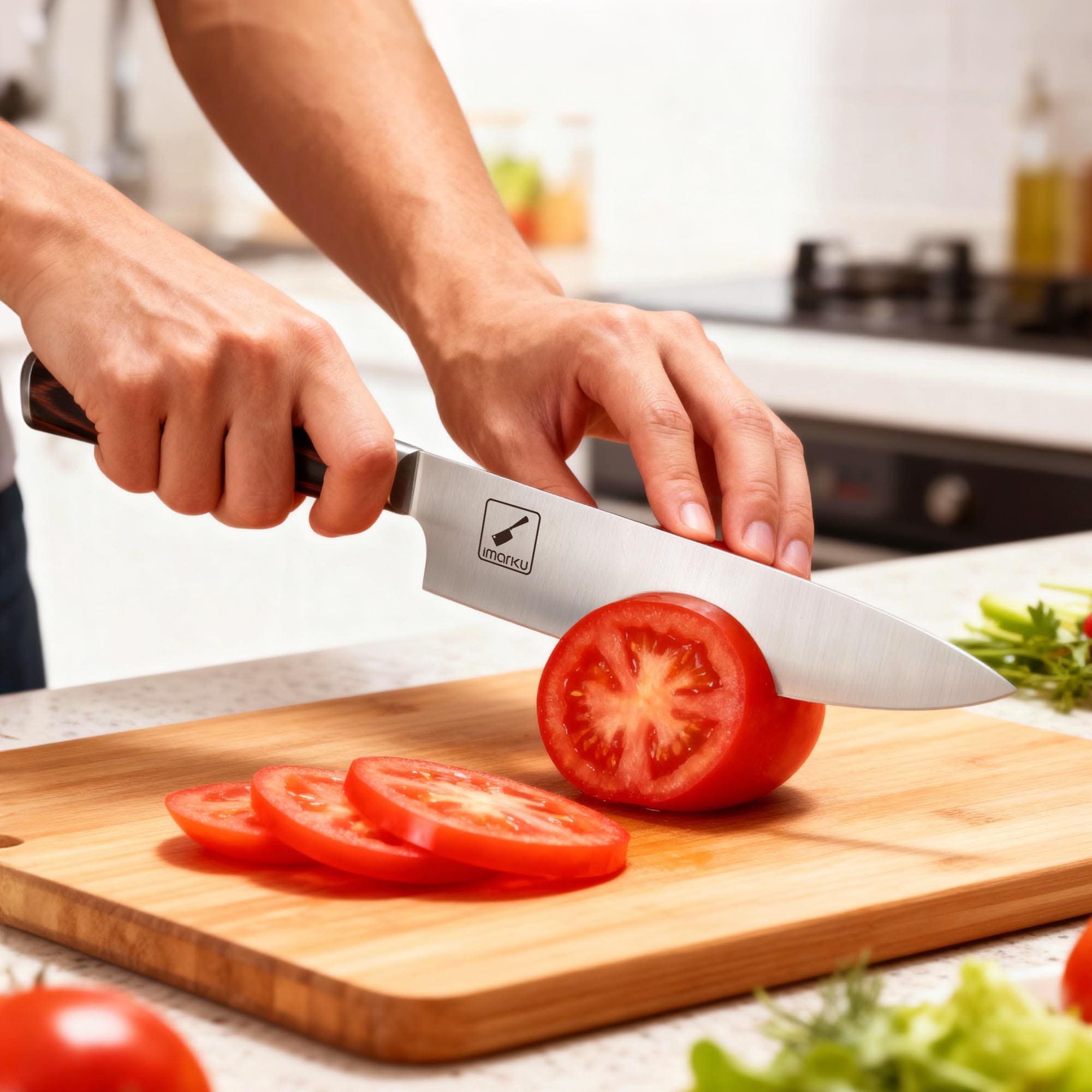
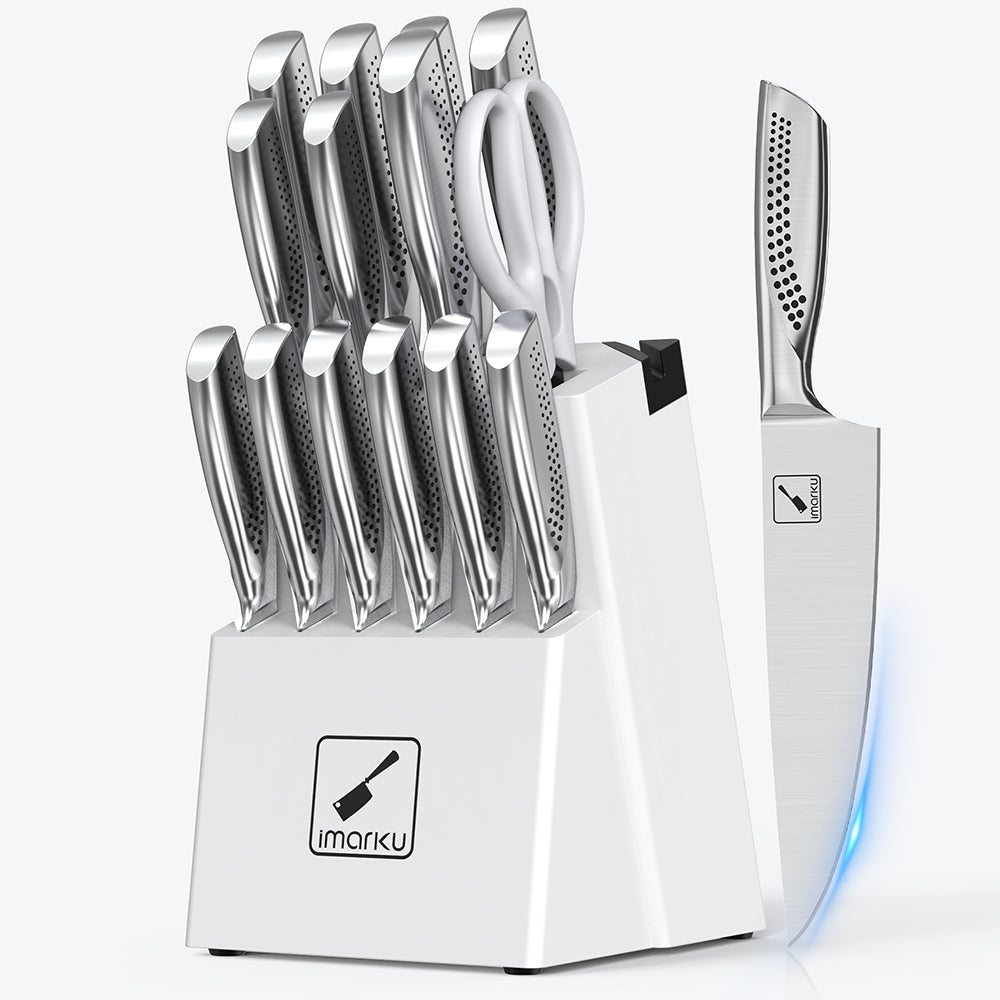
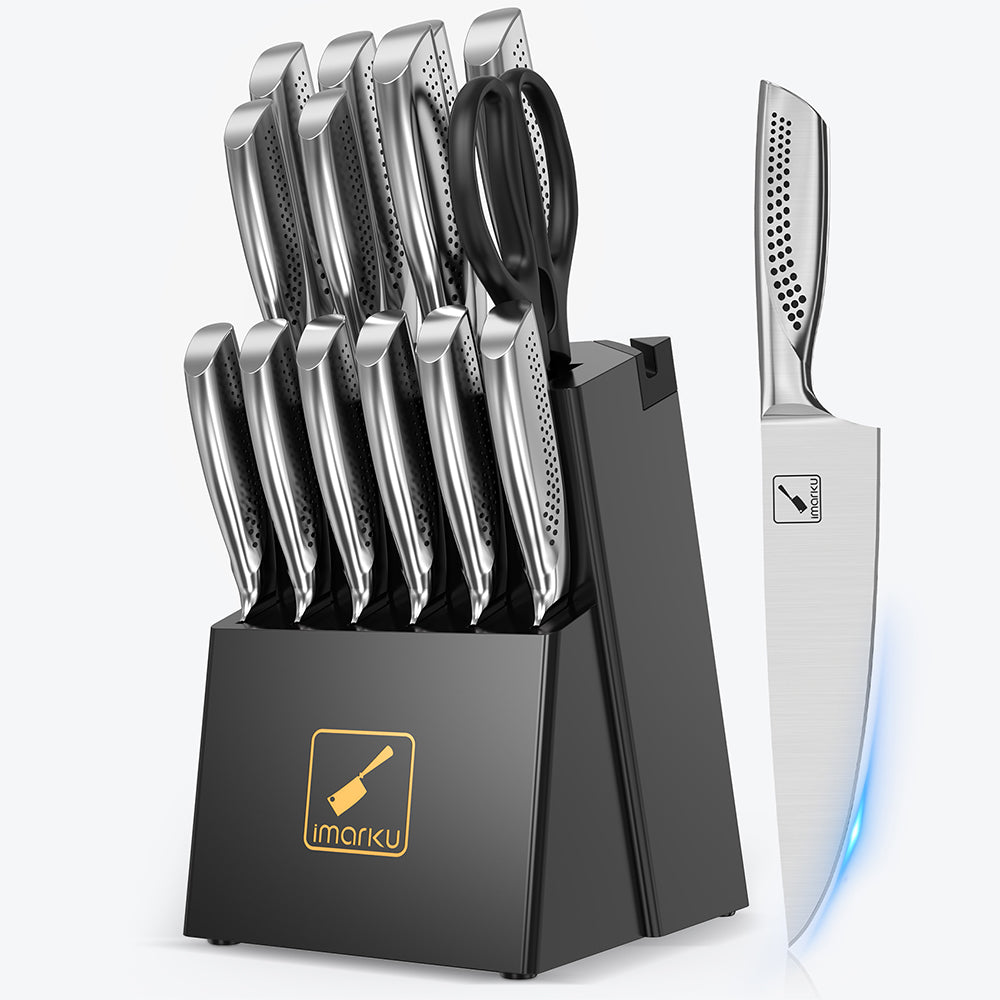
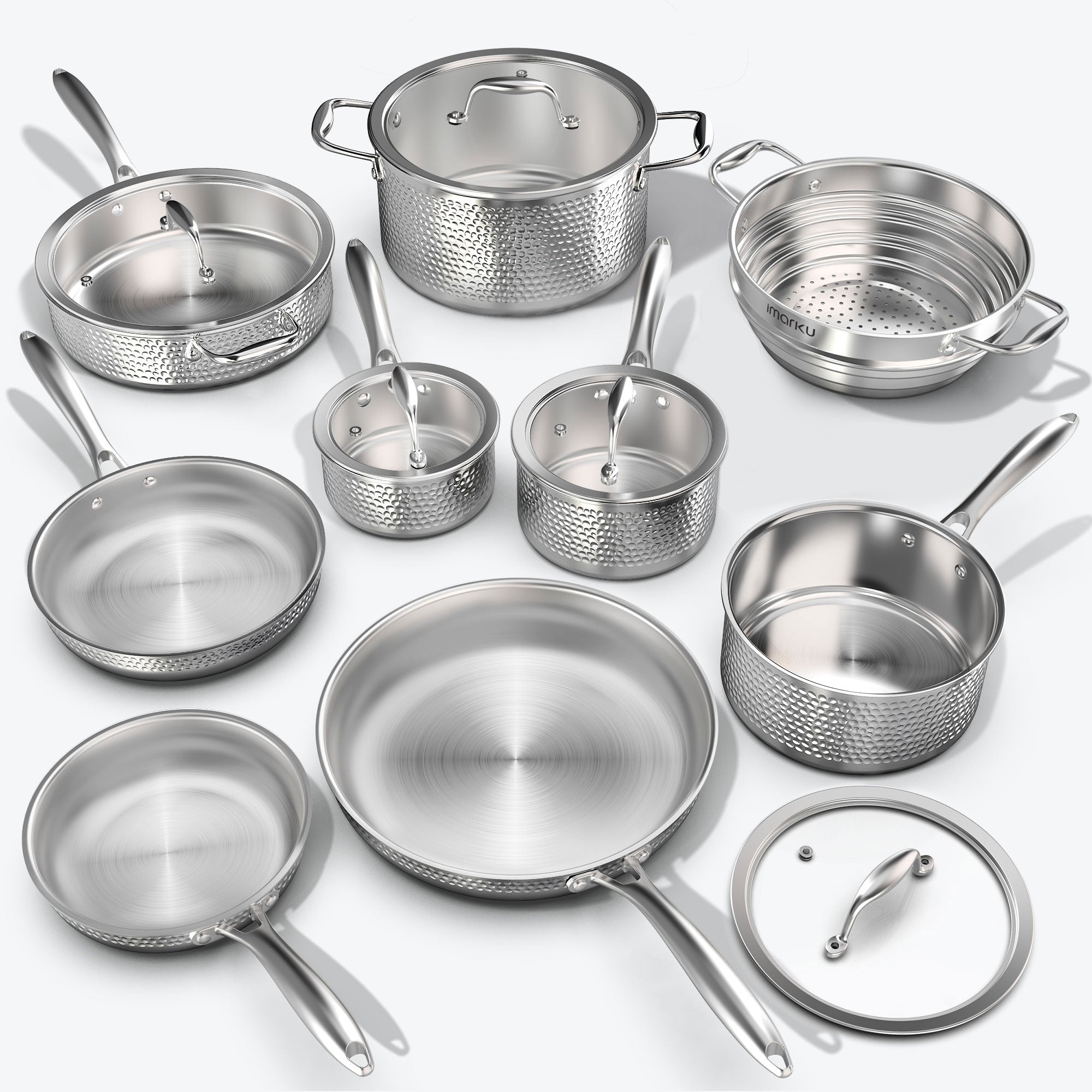
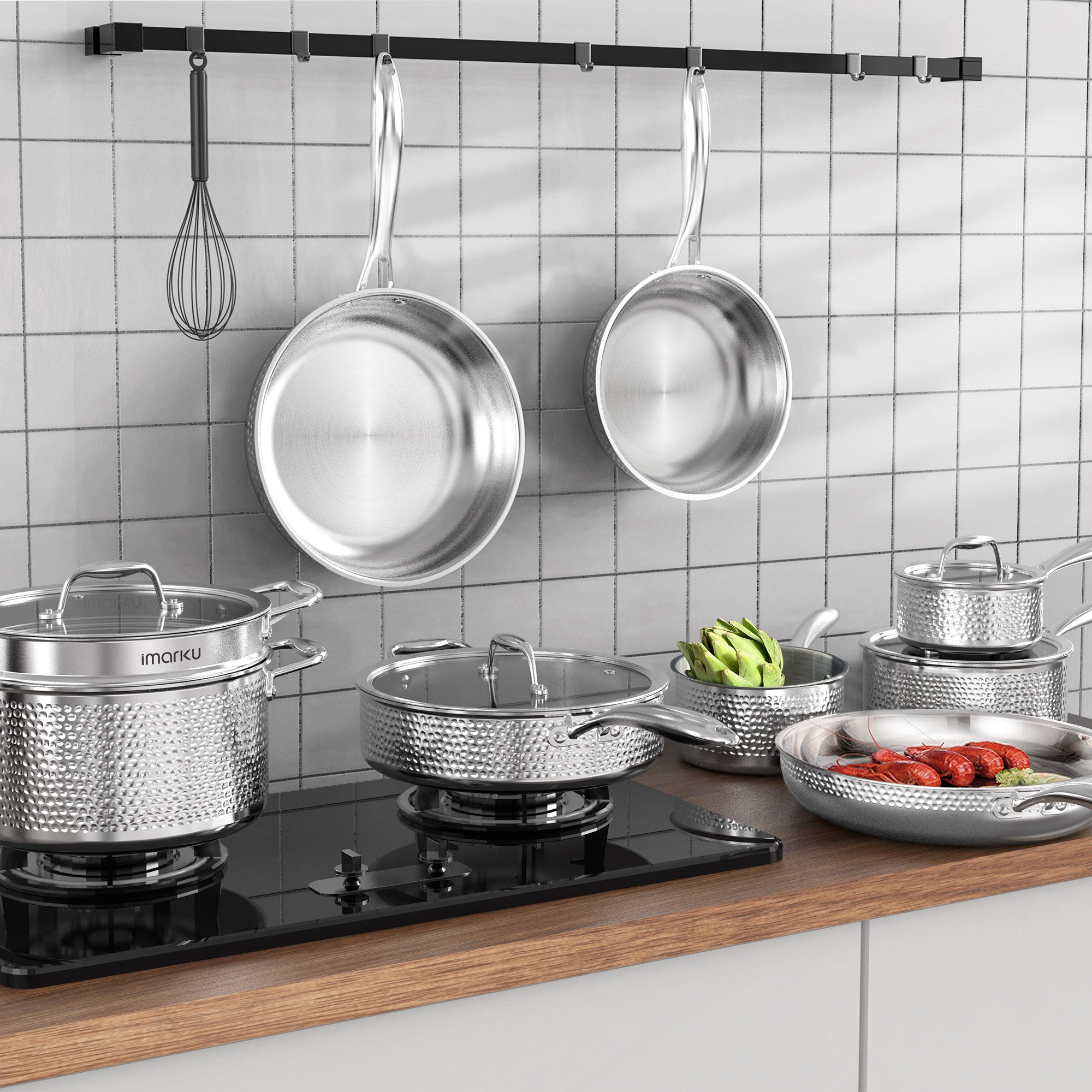
Leave a comment
All comments are moderated before being published.
This site is protected by hCaptcha and the hCaptcha Privacy Policy and Terms of Service apply.